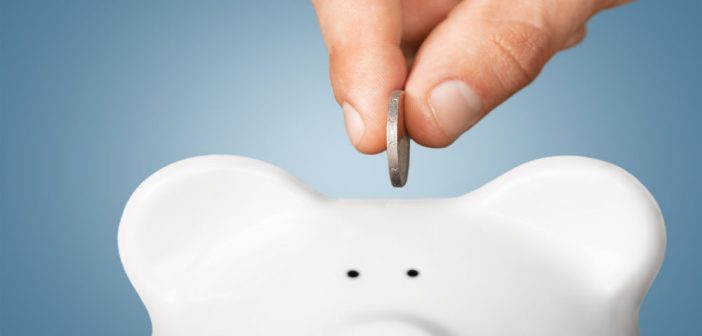National Savings Day is a time when you can take charge of your finances and determine how you can save money. Most of us save something on a regular basis. We collect sentimental items and store numbers and addresses on our phones. Transferring the concept of saving to your paycheck is a great way to empower yourself and give you more confidence about your relationship with money.
Month-to-Month Savings/Earnings Plan
The paycheck to paycheck cycle is easy to fall into. For some, it may be the only one they can manage for a period of time. However, you should not make it your standard way of living. Take a look at the following monthly breakdown to see how you can cut costs.
Reduce Your Insurance Bills
Like electricity and phone service, insurance is just one of those things that we just have to pay for. However, you can save money by shopping around and comparing different rates once a year. Consider using an online insurance search engine to compare your options.
Earn an Additional $20
Try to find a way to earn $20 this month. Take up an easy online job, work extra hours or mow some lawns if you have time. You can also reverse this technique and try to save $20 this month. Skip a night out, eat leftovers and say no to that new shirt you like but don’t really need.
Open an Online Savings or Checking Account
Deposit five dollars into an online checking or savings account. Five dollars may not seem like a lot, but it is the small steps that will get you to your destination. Most banks these days have lousy interest rates on savings. However, there are apps that you can use to combine traditional banking with modern technology to help you grow your savings accounts.
Rent a Room Out
If you have a spare room in your home, consider renting it out. Be user to follow the rules and regulations applicable to your city and the space that you want to rent out.
De-clutter
Do you have old CDs, devices, movies or video games? Try selling them at an online. Who knows, you may be able to find $100 of stuff in your closet!
Bank Bonuses
Some banks offer promotions and bonuses you can take advantage of if you open a new account with them. You will need to keep track of multiple bank accounts if you choose to use this suggestion, but you might find it helpful to have multiple “hiding places” for your money to prevent you from spending it. You always have the option to open the account, collect the bonus and close the account afterwards. Just make sure you read the fine print to avoid nasty surprises.
Ride Sharing
Ride-sharing programs are rapidly picking up speed. If you give just a few rides a week, you can easily earn $375 over the course of the next several months. Some drivers make up to $750 a week driving full time.
Shut It Off
When you are not present in a room, turn off the lights to prevent burning unnecessary electricity. Consider replacing the incandescent lights in your home with LED lights. LED lights are more expensive up front, but they will save you money in the long run. Also, if no one is watching the TV or actively listening to the radio, why leave them running?
Eating Out
Eating out is one of the number one expenses in the United States. Try to cut down on the expenses by purchasing a slow cooker. There are lots of easy and quick slow cooker recipes online that will allow you to “set it and forget it.” Imagine coming home to a tasty meal that has been cooking for you all day. Also consider drinking more water. Water is a cheaper source of hydration than tea, soda and coffee, which can actually dehydrate you.
Entertainment
Get a library card to take advantage of free books, movies and CDs. You don’t have to buy every single book or DVD title that catches your fancy. Free entertainment can save you a ton of money in the long run. Try cutting out cable TV and use online streaming services.
Make Your Own Gifts
A handmade gift from the heart can be more valuable than the most expensive item purchased from the store. Homemade gifts can include candles, soap, artwork, fresh cooking, food baskets, homemade granola, freezer meals, infused olive oils and vinegars, “gifts of time” and photo collections.
Start an Emergency Fund
Although an emergency fund can be a life-saver, most Americans do not have the resources to handle even a “small” emergency of $500. Setting some money aside in an emergency fund will help provide a buffer for those times when life happens to you.
You can also use the envelope budgeting method. This cash-only budget allows you to use cash for the different categories of your spending plan to help you be physically be aware of where your money is going.
Take advantage of these money saving techniques to help build your family’s wealth and keep yourself out of a tight place. Happy National Savings Day!








